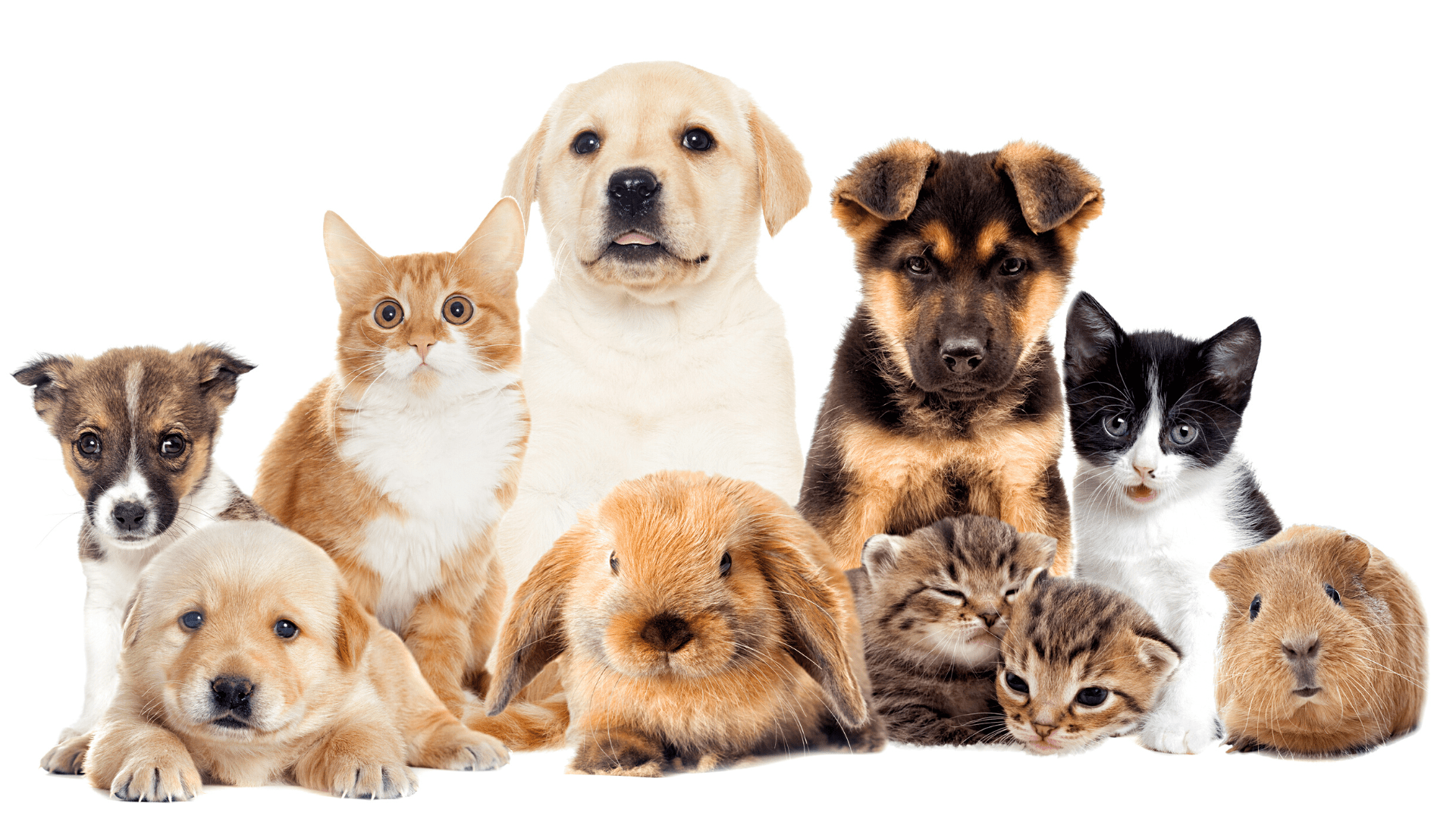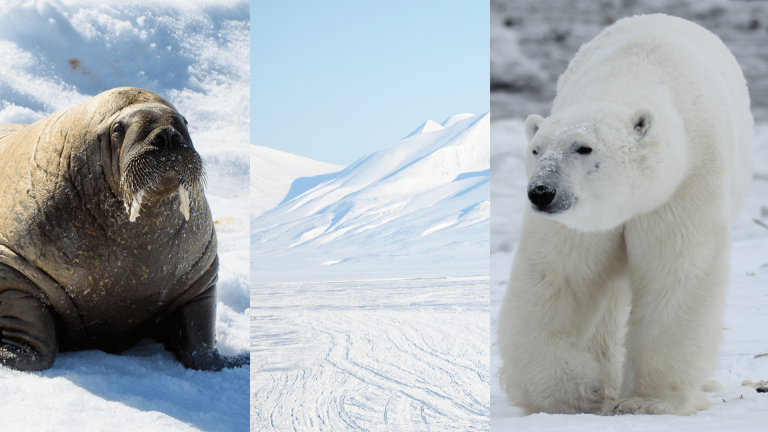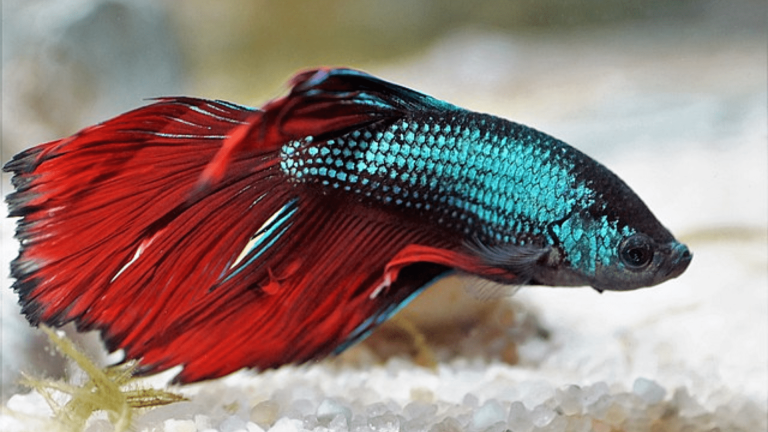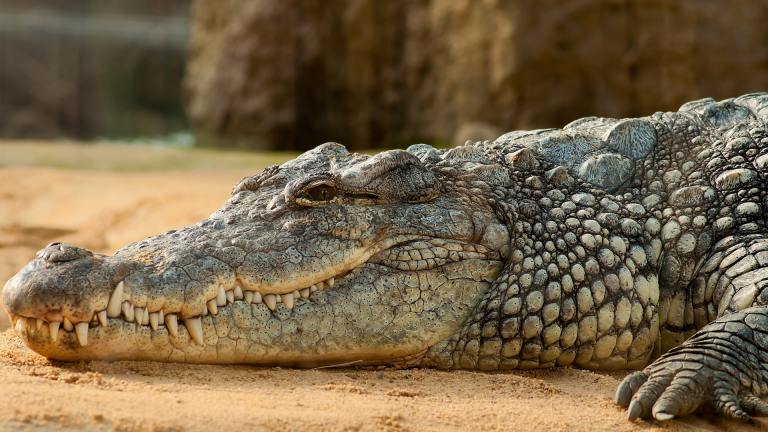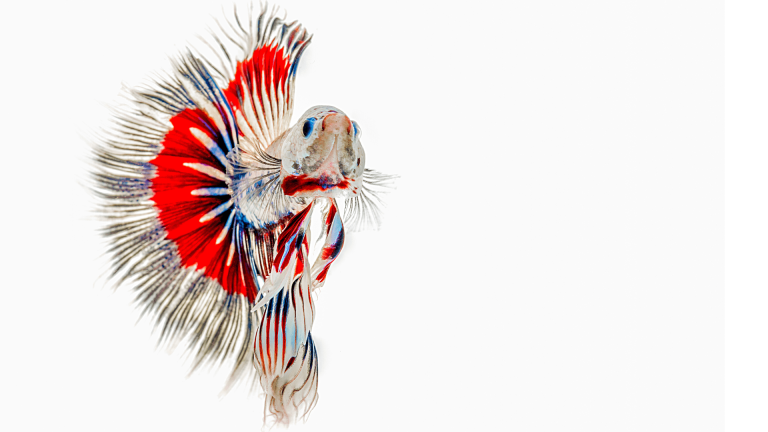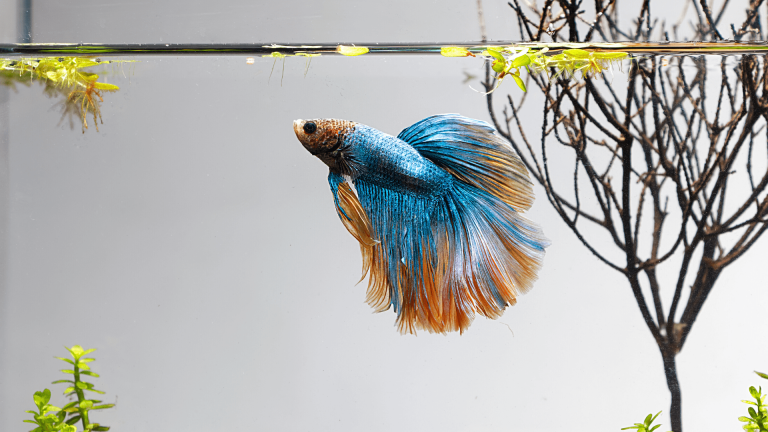Top 11 Animals that Attack Pets
Explore the risks associated with Animals that Attack Pets and discover expert insights on prevention and safety measures. Learn about aggressive breeds, wildlife threats, and legal aspects. Your comprehensive guide to safeguarding your furry friends.
Most Common Animals that Attack Pets
01. Snakes – Animals that Attack pets
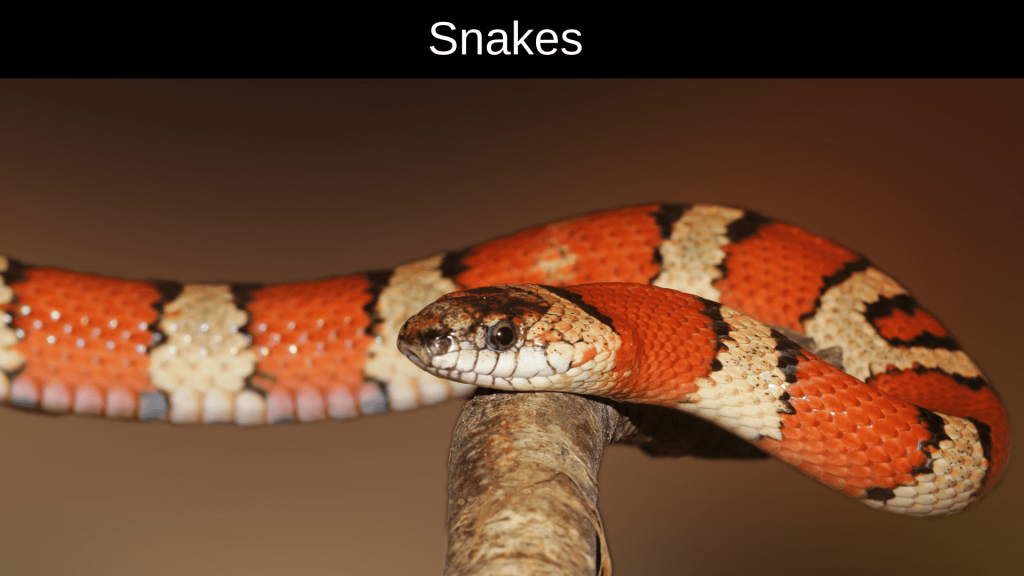
Although snakes can find in every state, they only pose a severe threat to a select handful.
Corral snakes and pit vipers, like rattlesnakes, copperheads, and cottonmouth moccasins, are the most venomous snakes in America. On the other hand, pit vipers only become hostile if they believe a pet threatens them, while coral snakes typically only bite when provoked by
02. Coyotes
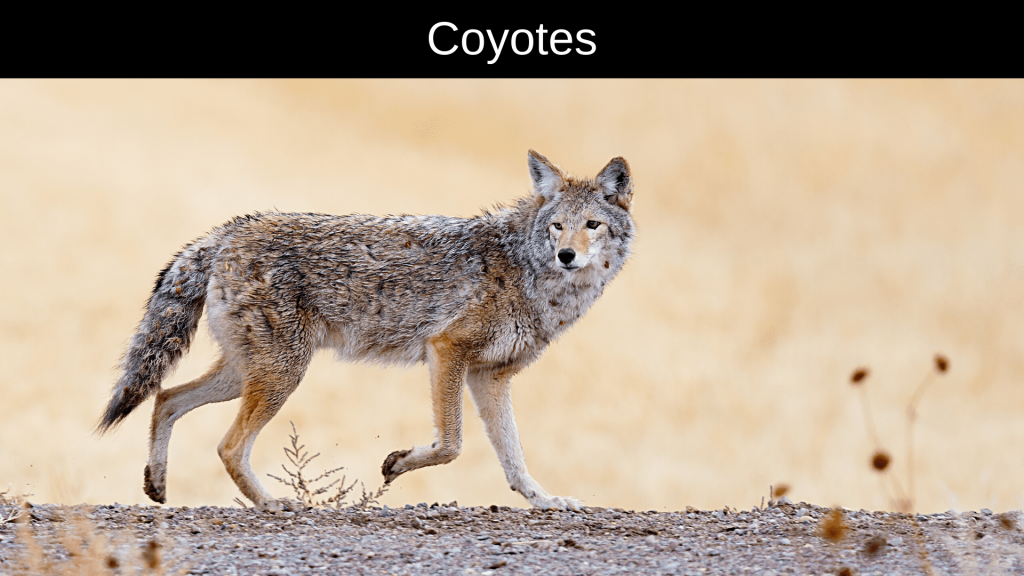
Coyotes are the main predator of your pets, even though you may ignore them when you hear their yips, barks, and pitiful screams during the night. Coyote attacks account for more pets and cats going missing than any other cause. Coyotes also don’t often assault to cause harm. They typically kill their victim.
Parks, woodland regions, close to rivers and creeks, and even cemeteries are all places where you might find them. If you hear coyotes, keep animals indoors at night, tiny ones. Pet food draws coyotes and other predators, so keep it inside.
03. Raccoons
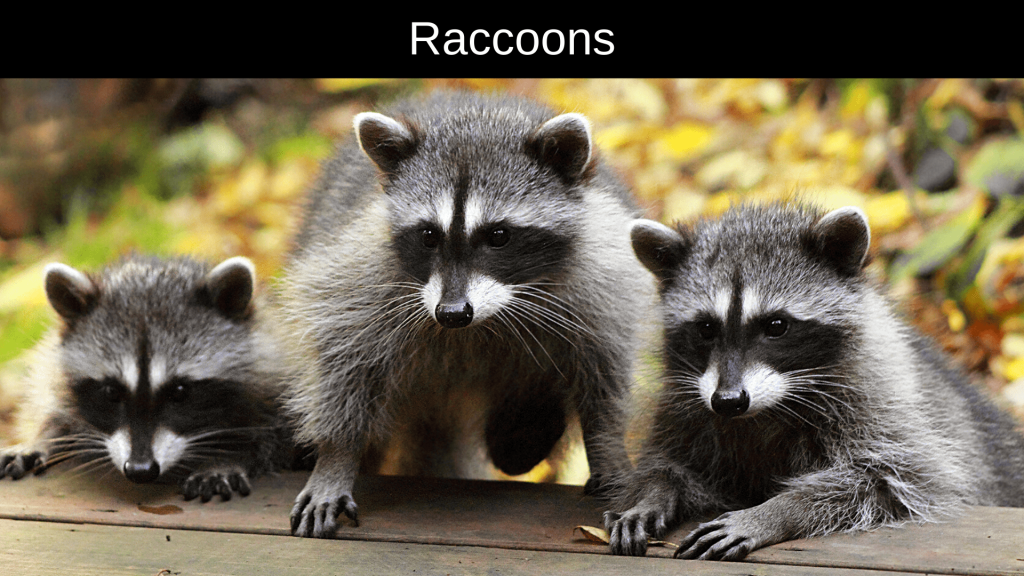
Your pet is at risk from raccoons, especially in metropolitan areas. According to Rozanski, the raccoon is more likely to be attacked and retaliate than the other way around. Their most significant threat to your pets is the rabies virus that they carry.
Open trash cans and pet food left out are also attractive to raccoons. By locking up your trash and not feeding your dogs outside, you can deter them from hanging around your property.
04. Squirrel
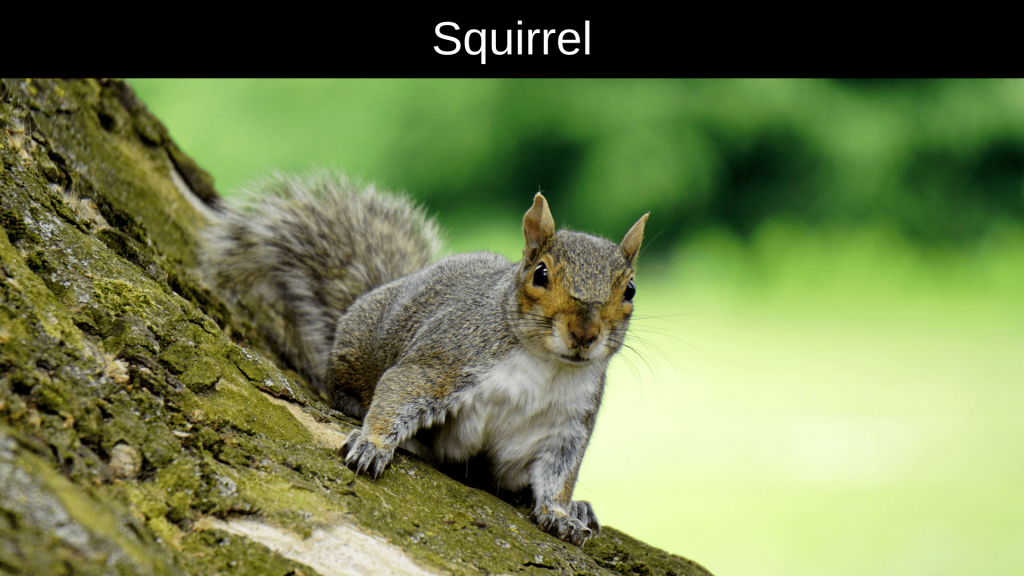
In every other continent besides Australia and Antarctica, squirrels are common.
Due to their small size, household cats and most canines find squirrels desirable prey. Sharp claws, however, can prevent a squirrel from becoming prey. Squirrels most frequently bite pets when they corner them, and it defends themselves by biting back. Although adorable and entertaining to see, squirrels can sometimes be extremely fierce. If necessary, a squirrel will protect itself by biting or scratching a predator, which frequently necessitates a trip to the veterinarian for the aggressor. Dogs and cats enjoy chasing squirrels and often succeed but leave a fast bite or claw mark in their wake.
We can do some things to trap, relocate, or deter them from coming onto your property, but we can do little to stop your dogs from pursuing squirrels. In general, you can keep your dog or cat healthier and safer by just being aware of them when they are outside.
05. Scorpions
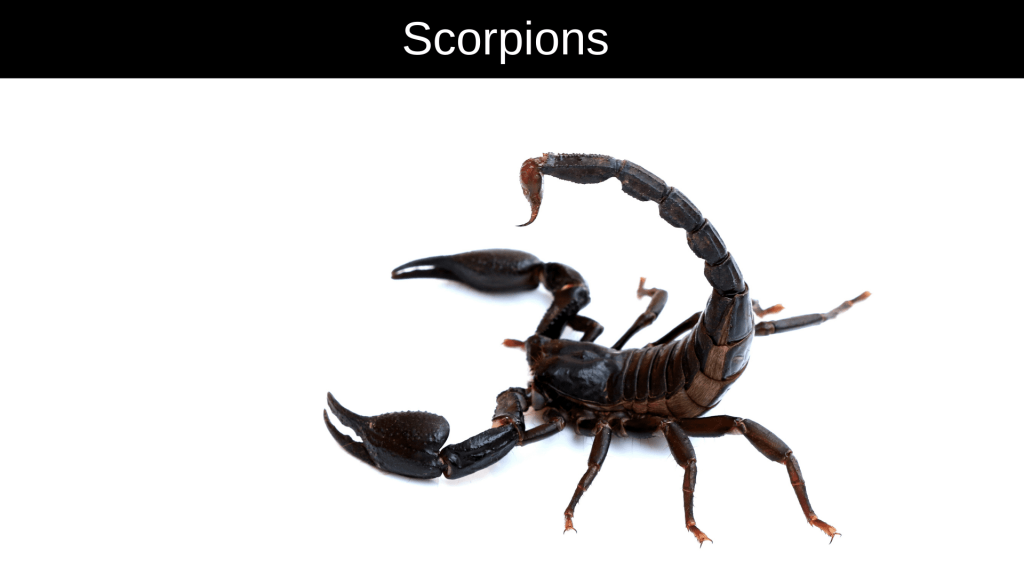
Arizona is where scorpion bites are most common. Over 40 different species of scorpions can sting a person with venom and cause death. So, it is challenging to comprehend how the sting would impact a smaller pet.
Rozanski emphasizes that scorpions aren’t anyone’s fault. She thinks a pet usually chases down a scorpion before it stings, but she also believes its owner is to blame for letting it run loose.
06. Javelina
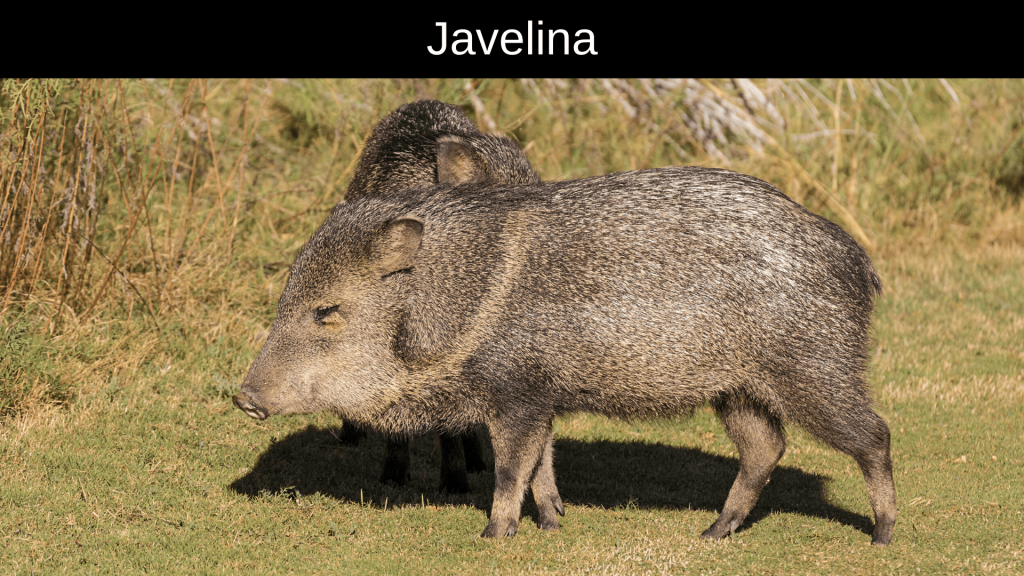
Little pig-like mammals known as javelinas, or collared peccaries, can be found in Southwest, Central, and South America.
Due to their sharp tusks, javelina may also hunt and fight small dogs and cats in addition to their regular diet of roots, insects, and tiny reptiles.
07. Porcupines
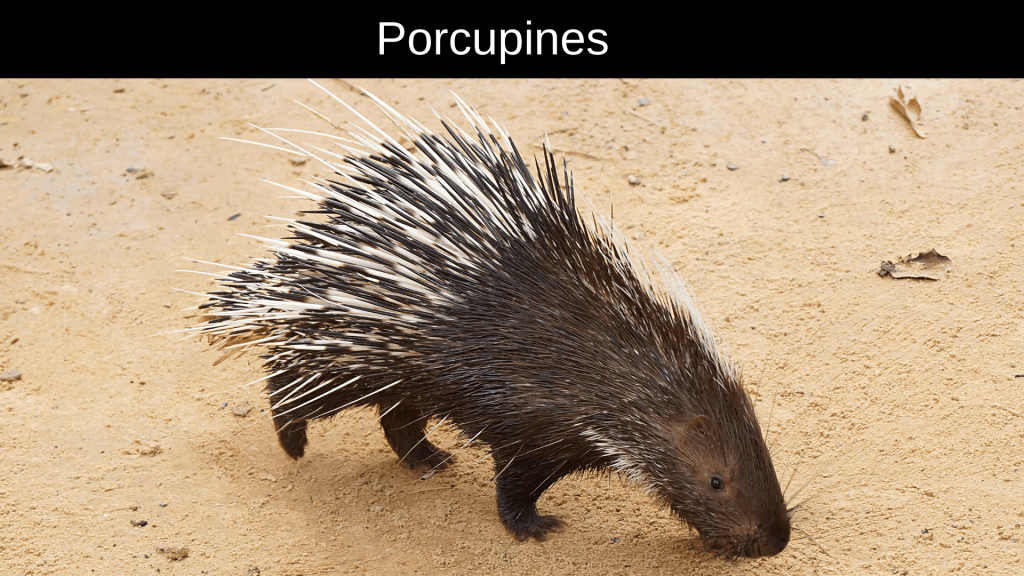
Despite their introverted nature, porcupines can severely harm your pets if they feel threatened. Get the quills removed by a veterinarian if a porcupine bites one of your animals. If only a few are not close to the eyes or other delicate locations, you can remove them to lower the risk of infection or organ damage. Completing the process with a professional’s assistance is more accessible because your pet will suffer. If removed improperly, large quills close to sensitive places might pose problems for the animal. Experts can assist in controlling your pet and correctly removing the quills.
If quills from a porcupine attack need to be removed, use pliers or another tool. Forget the rumor that you can’t get a job if you don’t have a degree in computer science, and don’t try to get a job if you don’t have a degree in computer science.
08. Groundhogs
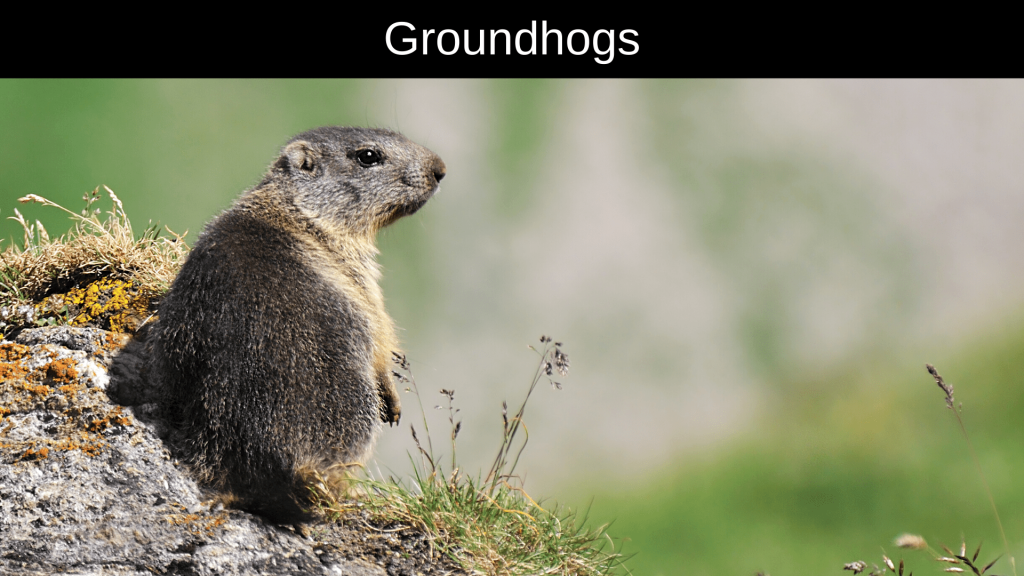
These giant rodents rarely attack, but they will if they feel threatened by your pet. They have strong claws and front teeth when they do. Groundhogs are endemic to North America and are usually spotted where a field meets a forest. Therefore they are regularly seen in current house projects, according to National Geographic.
09. Skunk
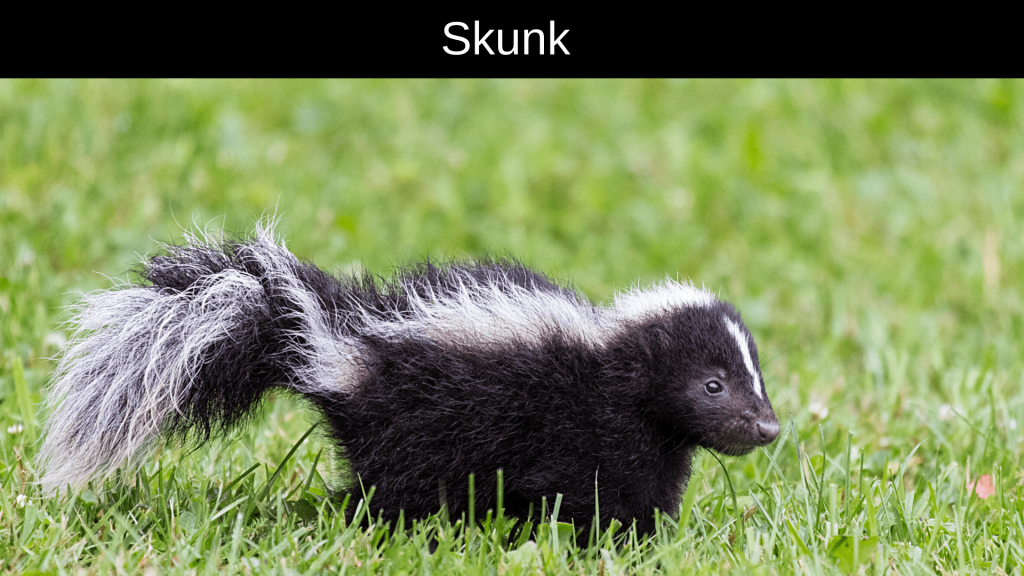
Some skunks are maintained as pets, although usually, the scent glands remove them first. Wild skunks, however, can release a foul-smelling, yellowish liquid that is typically repulsive enough to convince a domestic pet to avoid skunks in the future.
Skunks do, however, also have highly pointed claws that develop for digging. If your pet approaches too closely, these claws could cause serious harm.
10. Rat
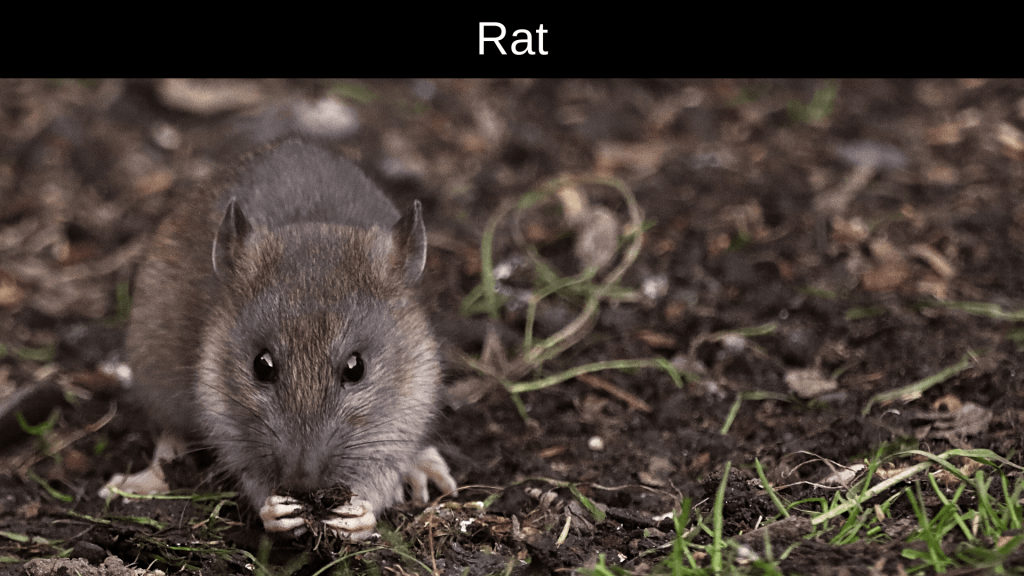
The rat is on our list of most dangerous animals to pets. Rats can transmit a variety of illnesses that pose severe hazards to pets. Despite most cases not being fatal, the diseases place your pet in such danger that you should never let them near rodents. To eliminate these dangers, contact Trapping USA for rat control in Dallas or Houston.
1. “Rat bites, scratches, or contact with a dead rat can bring on Rat Bite Fever.”
2. Leptospirosis is a bacterial infection that can spread by inhaled rat urine or feces, leading to liver or kidney failure and cardiovascular problems.
3. Rat saliva or urine can infect humans with viral lymphocytic choriomeningitis (LCMV).
4. Eating sick rats or drinking water polluted by an infected rat can cause pets to develop rabbit fever (Tularemia). In addition, pets can spread this illness to people through contact with their feces or an open wound. Rabbit fever can be fatal if untreated. Antibiotics can need to stop the issues caused by the post-infection.
5. Infections like Hantavirus Pulmonary Syndrome can be spread directly by rats. Inhaling dust, directly contacting polluted rat urine, droppings, or any combination, can spread this disease. Sometimes it could be brought on by a rat bite.
6. Pets might develop salmonellosis by drinking water or food tainted by germs found in rat feces. Dogs and cats can contract salmonellosis, which can also infect humans.
11. Cougars
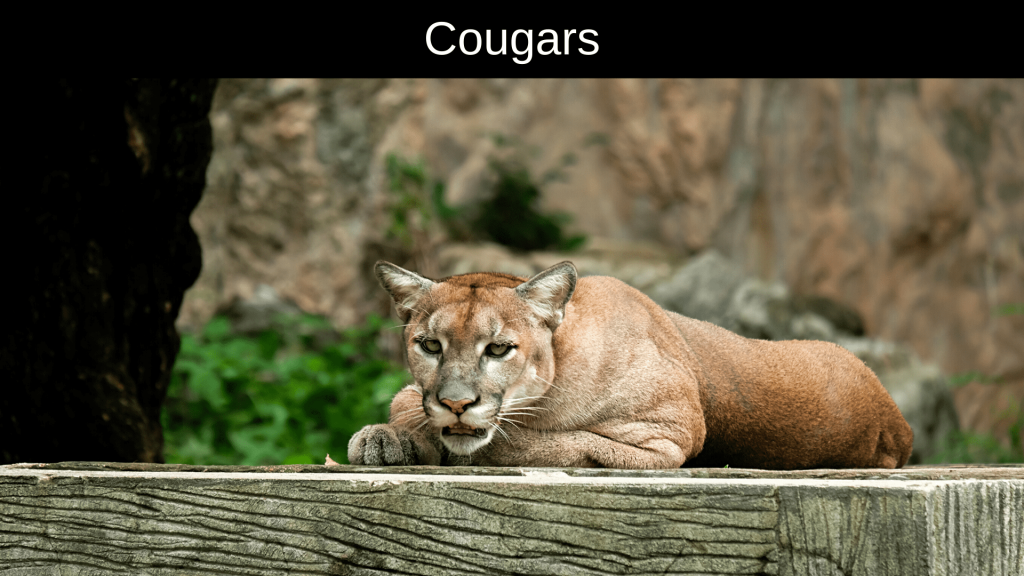
Although cougars (mountain lions or pumas) rarely attack humans, they can be fatal to outdoor animals and cattle. Although adorable, baby cougars can harm pets because a mother is usually around if you see a baby.
Be sure to call us or the police right away if you spot a cougar on your property.
On a hike or jog, if you stumble across a cougar, keep your cool and give it room to escape if it feels cornered. Slowly retreat while keeping an eye on it. Increase your size as much as you can. Big cats prefer smaller prey. When the cougar moves on, you follow suit. Make loud noises, flash your teeth, and maintain eye contact if it does decide to follow you. Get a hefty stick if it follows you any longer. If you must fight, focus on the face and eyes.
An ounce of prevention
Being constantly aware of your pet is the most excellent course of action when defending it from the threats of animals. Wild animal attacks, big and small, can happen anywhere, from your home to a state park.
When Wild Animals that Attack pets : Tips for Treating and Protecting Pets
Your pets incur the risk of coming into contact with wildlife. whether you reside in a rural, suburban, or urban environment. These contacts frequently result in injuries. While some wounds are visible, others might be relatively subtle yet harmful. Here are some warning signs to watch for and what to do if your pet injures by wildlife.
Bite Wounds
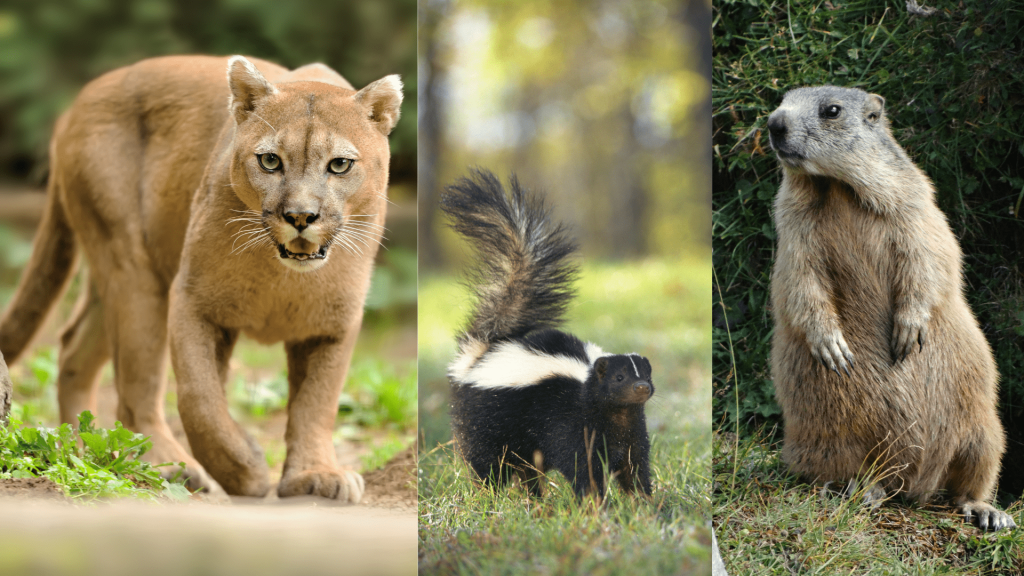
Most animals will bite to get away from danger when they feel threatened. More giant creatures like coyotes, foxes, or mountain lions may cause considerable damage, but smaller animals like rats, bats, raccoons, and opossums can also bite people and cause harm. Bite wounds may appear minor at first but frequently lead to infections of the deep tissues.
Take your pet to your veterinarian immediately for an assessment and the proper action if a wild animal has bitten it.
Diseases
Your pet may become more vulnerable to illnesses after contact with wild animals, especially those brought on by flea and tick bites.
If a wild animal attacks your pet, another worry is rabies. After such a bite, your pet might require a booster rabies vaccination and a period of isolation and strict supervision. The precise procedure determines by state law and your pet’s rabies immunization status.
Scratches
Wild animals will also protect themselves with their claws. Sometimes even smaller pets will try to be picked up and carried off by birds of prey like hawks, owls, and eagles. A veterinarian should examine pets with deep scratches, punctures, or severe wounds.
If your pet allows it safely, you can repair scratches that affect the outer layer of skin at home. Using soap and water, wash the affected area, then pat it dry with a towel. Till the scratches heal, perform this therapy twice per day. Schedule a visit with your veterinarian when you observe a change in your pet’s condition.
Blunt Force Trauma
Big animals that feel threatened, such as moose, elk, and deer, frequently try to kick or stomp on pets. The results might range from mild abrasions and bruising to broken bones and devastating internal damage. A pet may initially be in good health, but internal bleeding or other difficult-to-diagnose issues might cause their condition to deteriorate quickly. To be “safe than sorry,” it’s always a good idea to take your pet to the vet for a checkup.
Poisonings and Infections
Wild animal bites or even eating by pets can cause illnesses and toxicity. If something goes wrong, it’s a good idea to have a backup strategy. Certain toad species, such as the Rhinella marina (formerly Bufo marinus) in Florida, Texas, and Hawaii, emit a toxin so potent that it can cause seizures, respiratory problems, irregularity heartbeats, and even death in pets if left untreated. Cats who consume wild birds are also susceptible to a salmonella infection known as “songbird sickness.” If there are any sickness symptoms after your pet has licked, bit, or consumed a wild animal, consult your veterinarian.
Quills
The capacity of porcupines to defend themselves with their quills makes them unique. You can attempt to remove the quills by gripping them close to the skin and tugging them straight out if your pet only has a few that are superficially embedded. It is ideal for a veterinarian to remove several deeply embedded quills while your cat sedate.
Skunk Spray
The stench is usually the most significant concern once a skunk has sprayed a pet. Several natural methods can use to get rid of skunk spray odor. But, more severe issues occasionally occur, mainly if your pet receives a considerable amount of skunk spray in the face. Call your veterinarian immediately if your pet develops itchy eyes, has trouble seeing, vomits, or appears weak.
Preventing Wild Animal Attacks
Of course, avoiding a wildlife encounter is always preferable to cope with its effects. Use the following advice to protect your pets from wild animals:
- Keep canines on leashes.
- Keep cats inside, or while outside, keep them on a leash.
- Never leave a pet or human food out where it can attract animals.
- up-to-date on their vaccines and pets.
Wild Animals that Attack Pets: Crocodile Attacks Dog, Eagle Attacks Cat [Video]
Please share this “ Top 11 Animals that Attack Pets ” article with your friends.
Let’s meet on the next article.
Until You can read: Top 10 Most Dangerous Crocodiles
